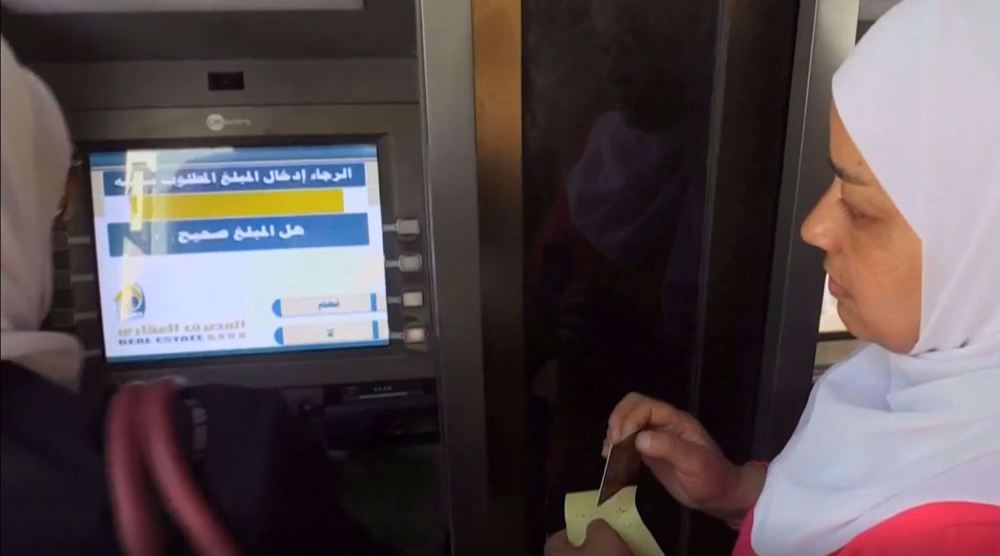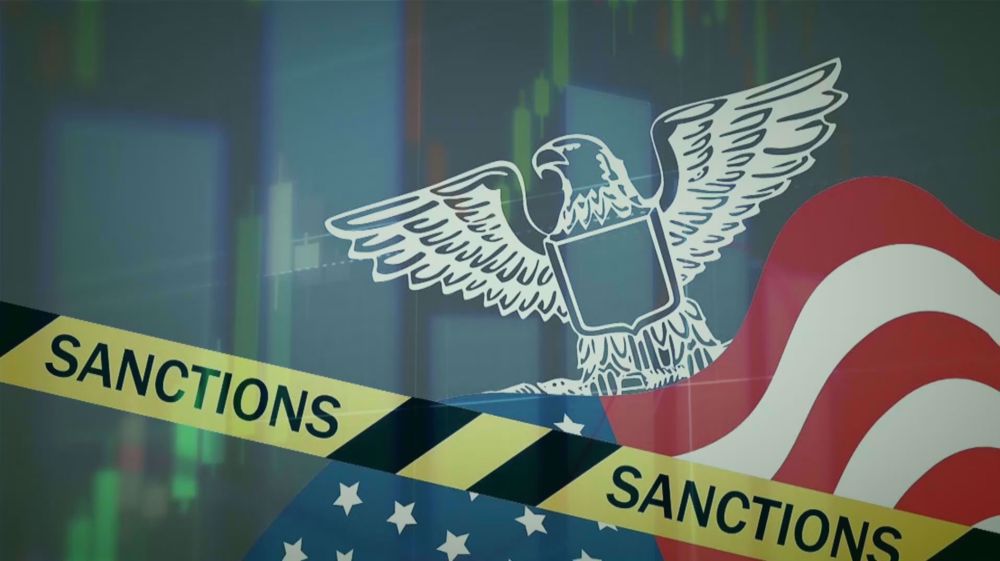Trump’s controversial federal budget proposal
It's a budget that has drawn praise and at the same time harshly criticized. The unfortunate part of the budget is the slash in spending for the poor, especially the millions that would be driven off food stamps.
A New foundation for American Greatness is what Trump and his team have called this budget. An increase in military spending with a decrease in social spending are two of the highlights. Critics are saying the poor will suffer, while the rich will benefit through tax breaks. Economic Divide will break this down and ask the fundamental question: Will this help the US economy?
US President Donald Trump has presented his 2018 budget: the reactions have been mixed, a usual it seems for this US president at least. This is what Senate Majority leader Mitch McConnell thought of the budget, who sought to put a positive face on it.
These are some of the highlights of this budget. First the military budget: A $54 billion dollar increase is proposed. Compared to 2017, there is a 9% hike, the total coming in at almost $640 billion dollars. As a matter of fact, the largest increases have come in the military arena, like in military spending and department of homeland security.
And here's the part that has received some scathing criticism, from both sides of the isle, both democrats and republicans, not to mention the poor Americans whose benefits will be affected. Cuts to social safety net programs: $1.74 trillion dollars over 10 years.
And In terms of budget as a whole, this is what Trump believes can be cut: 3.64 trillion dollars over the next 10 years.
Our focus in the breakdown here is the White House budget director, Mike Mulvaney. The budget proposal is named The New Foundation for American Greatness. He says this budget was written with the people who matter the most, the ones who pay taxes, namely the American tax payer.
Does that mean it wasn't like that before? That is a whole another topic, or program for that matter. OK. So we understand that about the tax payer, the ones paying the bills. And on paying bills: what about the poor people, who can't afford to pay the bills? Some of those programs are getting deductions?
But Mike Mulvaney fails to mention is that states have already imposed work requirements for people in different kinds of anti-poverty programs, but that hasn't worked. It seems then that the vetting process will be heavier, and stricter. But shouldn't the focus be about creating jobs, improving the economy, and not stricter scrutiny for who which poor people qualify? Gary Hufbauer, Reginald Jones Senior Research Fellow at the Peterson Institute for International Economics says the projection made in this budget for economic growth is unrealistic.
‘All wars have rules. All of those rules have been broken’ by Israel
VIDEO | Report flags India’s violation of rights of Rohingya detainees
Turkey's foreign minister meets Syria's de facto leader in Damascus
'Next to impossible' to rescue patients from Gaza's Kamal Adwan Hospital: Director
VIDEO | Vietnam current prosperity
Report blames gasoil exports for shortage at Iranian power plants
VIDEO | Hind Rajab Foundation names Israeli war criminals vacationing after Gaza genocide
VIDEO | Australians rally for Gaza ahead of Christmas festivities









 This makes it easy to access the Press TV website
This makes it easy to access the Press TV website